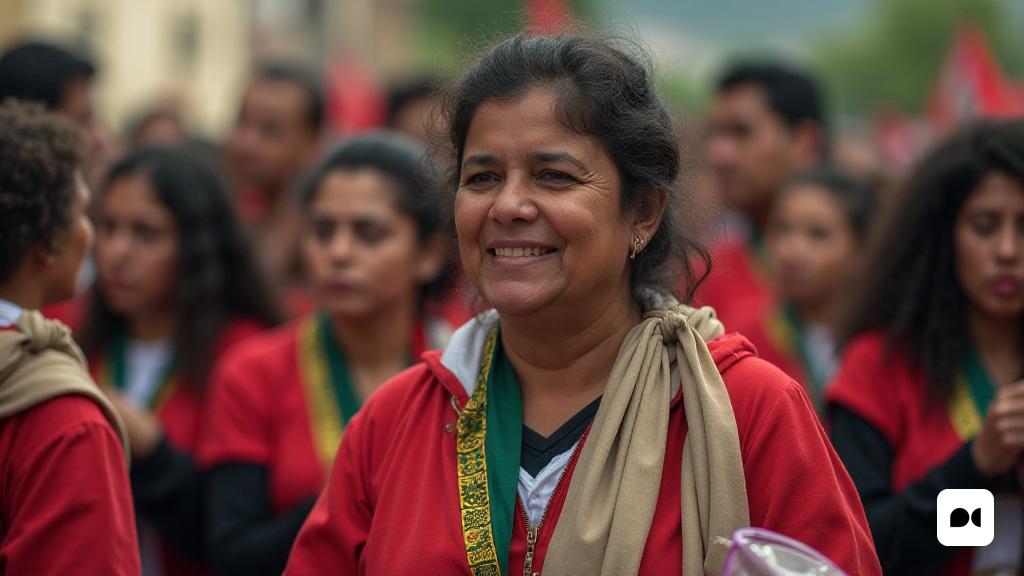Reviewing strategies: the new course of the CUP
Recently, a prominent member of the CUP has decided to leave the party due to the new alliances established with the PSC. This decision is part of a key moment in the organization, which seeks to redefine its political influence in the current context of the government of Salvador Illa.
The Garbí process: A necessary turn?
The CUP has begun a renewal process known as the Garbí process, which aims to reorient its strategy to gain weight in Catalan politics. In the face of a landscape where ERC and the commons seem to steal votes, the organization has decided to take on a more pragmatic approach.
Ideological polarization and reactions of the bases
The new CUP tactic is based on the polarization between left and right, although the national conflict is still a predominant factor. This transition has caused discontent between its more radical members, who are concerned about approaching the PSC.
Critical voices and personal consequences
The statements of Laure Vega, spokesman for the CUP, have intensified the controversy. Vega said that, despite not having a stable relationship with the Government, the organization is open to collaborating whenever its conditions are respected. This stance has caused forceful reactions, including the loss of Max Mansanet, who has expressed his frustration in front of this new direction.
Impact on the credibility of pro -independence formations
The decision of Mansanet, an economist with a prominent role in the lists of Santa Eulàlia de Ronçana, reflects a broader phenomenon: the crisis of credibility that affects independence formations, which struggle to adapt to a changing political context.
The current political scenario: blogs and alliances
The recent housing agreement has marked a turning point, creating two well -defined blocks in Catalan politics: a left -wing one, with the PSC, ERC and common, and another right, with Junts, PP, Vox and Catalan Alliance. The CUP is trapped in this dynamic, with few options to prevent greater marginalization.
The CUP dilemma: Identity Vs. Collaboration
With the need to collaborate with the Government to avoid being isolated, the CUP faces a difficult dilemma: how to maintain its anti -capitalist identity while adapting to the political realities of the moment. His participation in agreements such as housing could help to support his ideological base, but at the same time he moves them away from their nationalist essence.
Future perspectives: a path incied
With the figure of Salvador Illa at the head of the Government, the standardization gestures have put the CUP in a committed situation. The reaction to issues such as the presence of the Spanish flag in the canon house and other complicated controversies are testing their ability to maintain an effective dialogue with the PSC. Its adaptation to these new circumstances will determine their political future and their relevance in the Catalan landscape.

